No public trashcans
There are not many public Trashcans in Japan. Most people carry their trash home. If you want to throw something away you have to throw it away at the konbini. And even then You’re only supposed to throw away things you bought there.
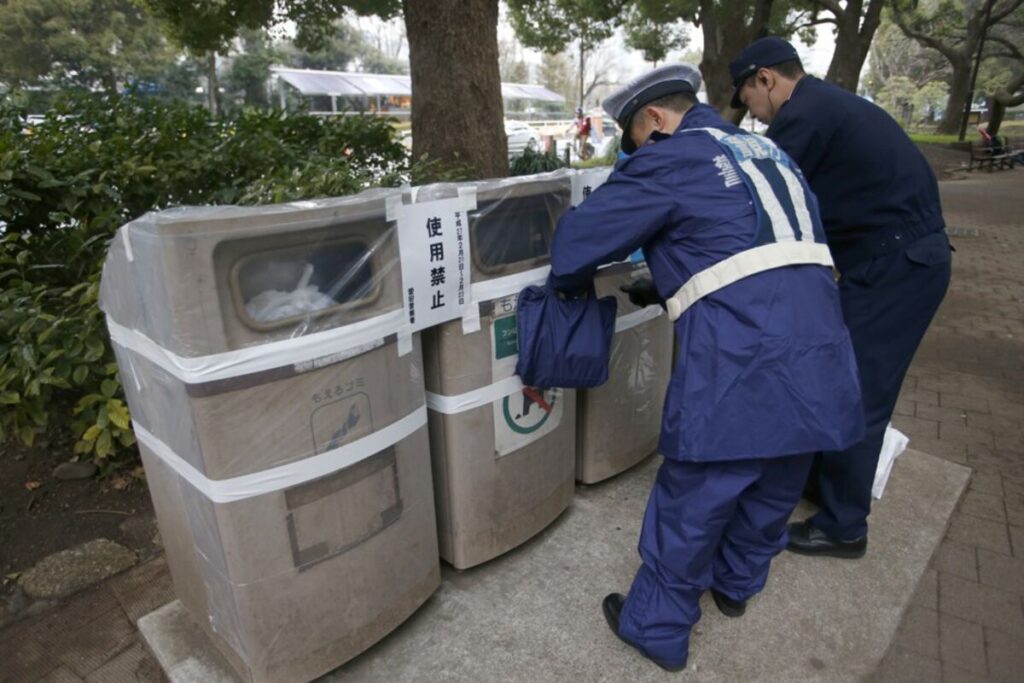
People don’t hold the doors
In Japan, it’s common for doors to close automatically, especially in places like trains or stores. People often prioritize efficiency and personal space, so holding doors open for others isn’t as customary as in some other cultures. However, you’ll still see acts of kindness, just in different forms!
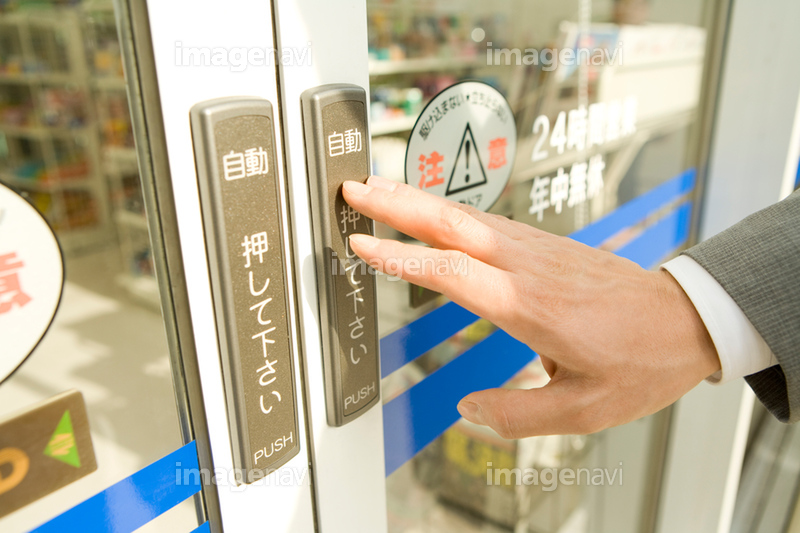
Shopkeepers who walk you out
it’s common for shopkeepers to walk customers to the door, bow, and wave goodbye as they leave. This gesture shows appreciation for the customer’s patronage and emphasizes the importance of hospitality, or “omotenashi.” It creates a warm, welcoming atmosphere and leaves a positive impression!
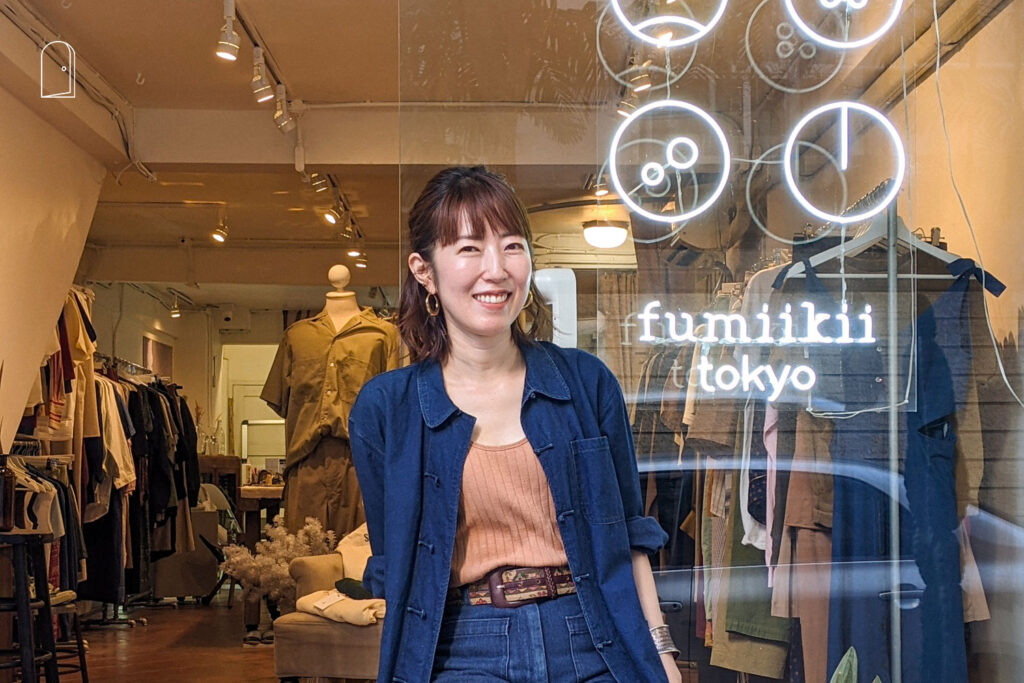
Restaurants people leave you alone
In many Japanese restaurants, the service style is designed to give customers privacy and space. Instead of constant checking-in, you often ring a bell or call staff when you need something. This approach respects customers’ time and creates a more relaxed dining experience. It can be quite different from more interactive service styles found elsewhere!
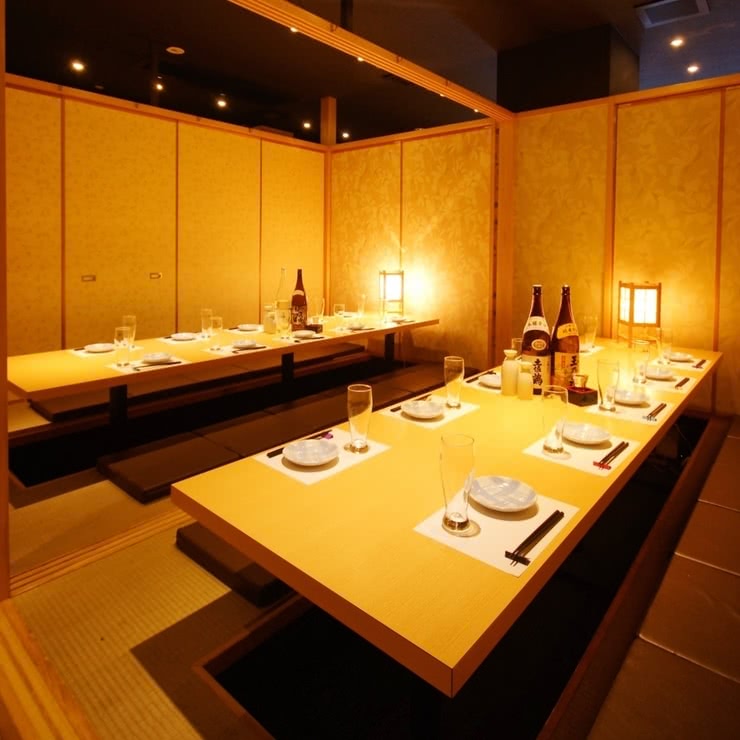
Mostly Cash based
Despite Japan’s advanced technology, cash is still widely used and often preferred, especially in smaller shops, restaurants, and rural areas. Many places don’t accept credit cards, and ATMs that accept foreign cards can be limited. This cash-centric culture can definitely feel surprising, especially given the country’s innovations in other areas!
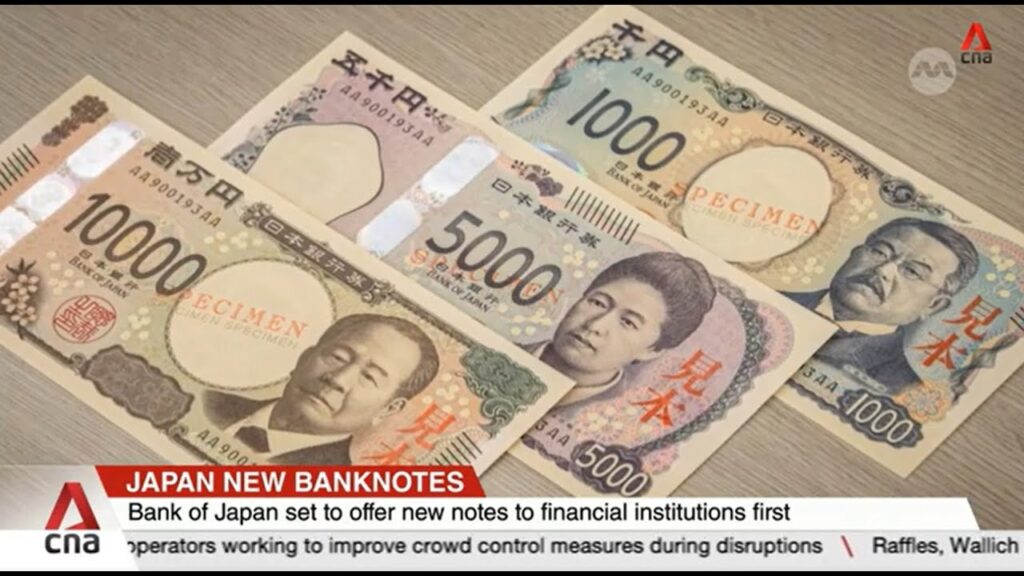
Life in Japan can be surprising due to its unique cultural practices. Doors often close automatically, reflecting a focus on efficiency and personal space, rather than the custom of holding doors open. Hospitality is emphasized through gestures like shopkeepers walking customers out and bowing as they leave. Dining experiences prioritize privacy, with customers calling staff when needed instead of constant check-ins. Despite being technologically advanced, cash remains king, especially in smaller establishments, with many not accepting credit cards. These aspects highlight the distinct blend of tradition and modernity in Japanese life.
